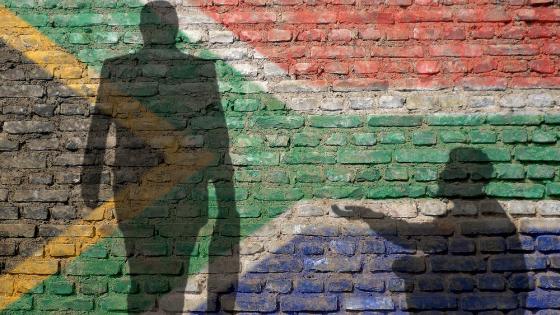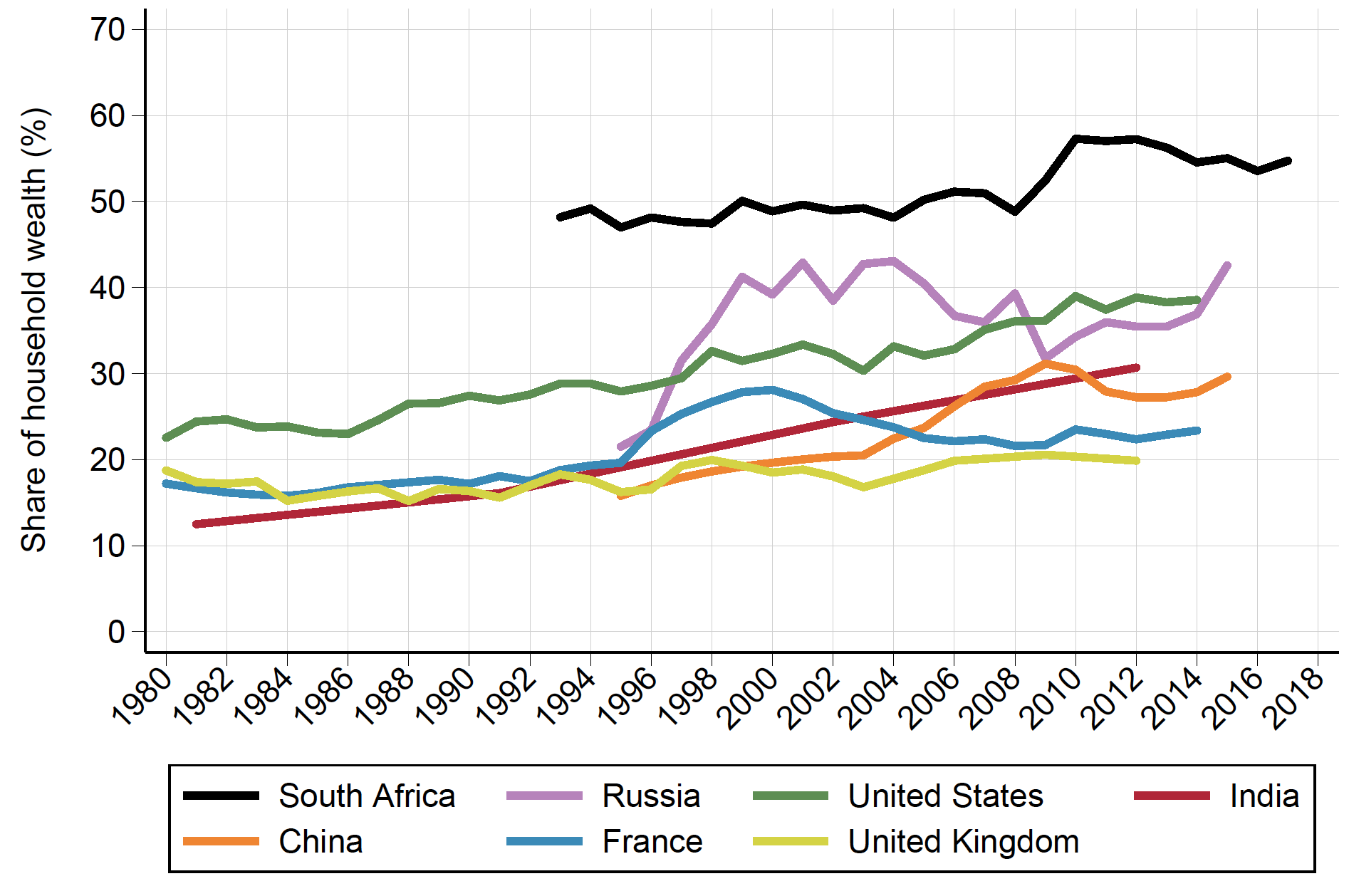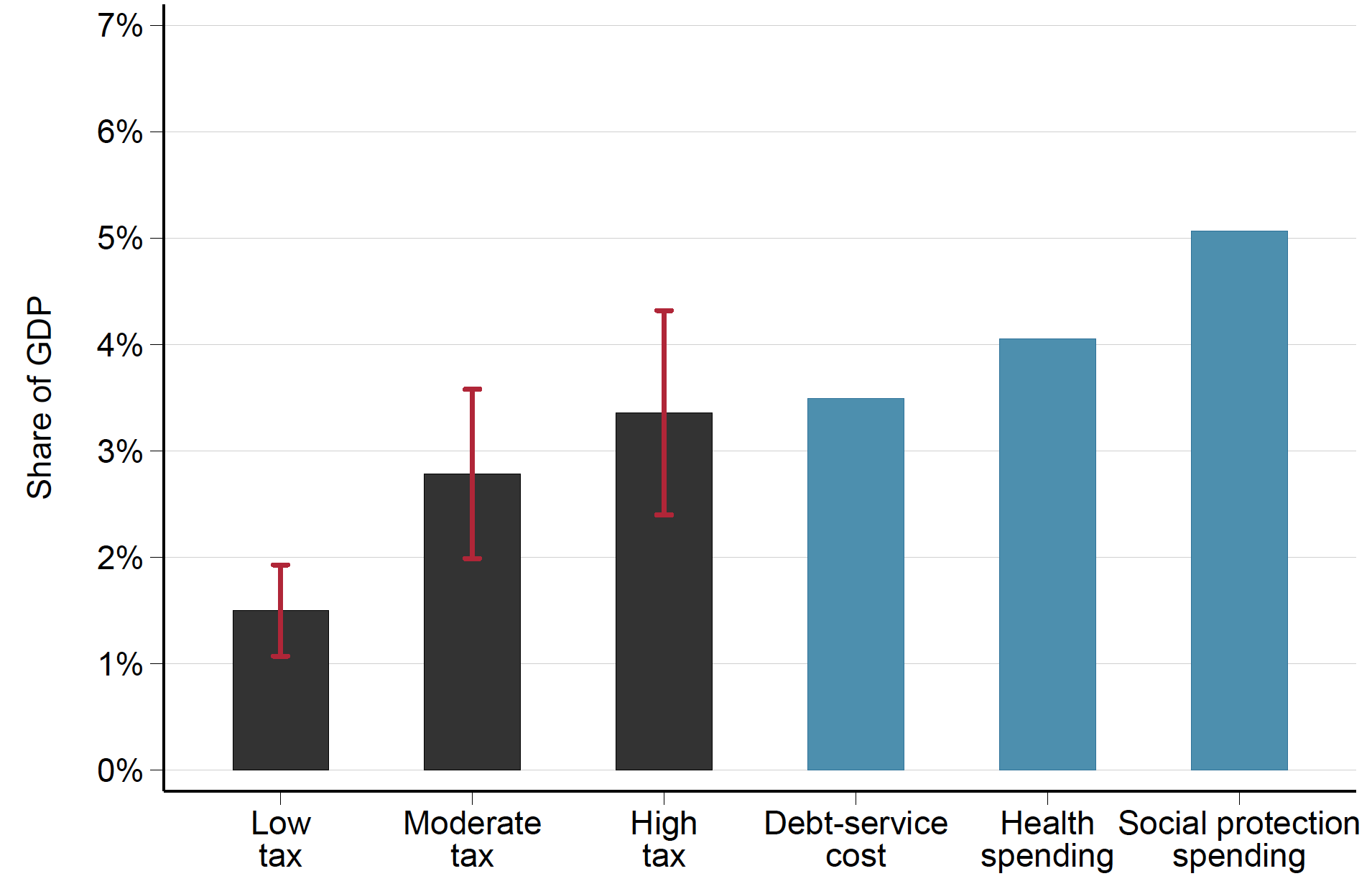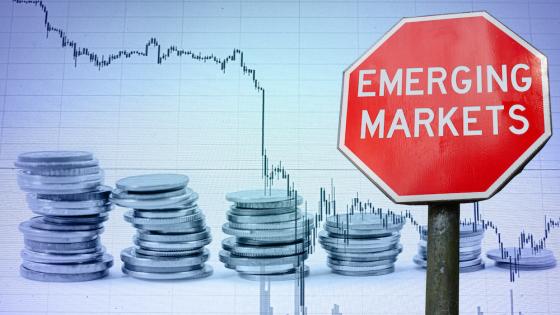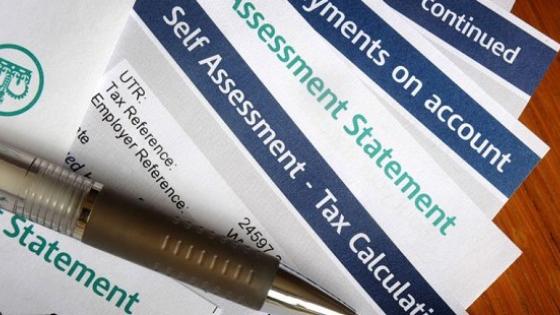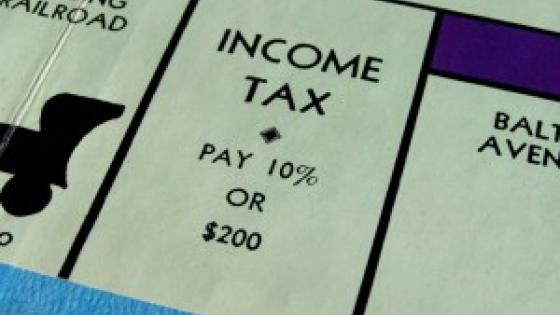Governments throughout the world have been quick to implement emergency economic policies to face the shock of the COVID-19 crisis and the restrictions required by the spread of the global epidemic. Sooner or later, the question of facing the associated cost will surface in the public debate. This cost is likely to be particularly worrying in developing countries, where fiscal sustainability was already a concern before the crisis (Persaud 2021).
In this context, there have been several proposals to finance these extra debts with increased tax progressivity, from suggestions to implement an extraordinary wealth tax in the European Union (Landais et al. 2020) to the IMF’s call for governments to temporarily levy higher taxes on income and wealth to help support the poor and vulnerable (IMF 2021).
In the case of South Africa, the high concentration in the distribution of wealth would make a wealth tax an efficient policy to aid with fiscal sustainability. In two recent companion papers, we estimate for the first time the evolution of wealth inequality in South Africa since 1993 by combining survey, tax, and national accounts data (Chatterjee et al. 2020), and we estimate the potential revenue that could be collected from a progressive wealth tax on the richest 1% (Chatterjee et al. 2021).
In broad strokes, we find that wealth inequality has remained stable at extreme levels since the end of the apartheid regime, higher than in any other country in the world for which reliable data on wealth is available. Even under conservative assumptions, a progressive wealth tax could collect sizeable revenue, contributing to both partly correcting this extreme inequality legacy and collecting additional government revenue.
Wealth inequality in South Africa
To estimate the distribution of household wealth in South Africa, we combine surveys, income tax microdata, and macroeconomic balance sheet statistics published by the South African Reserve Bank. In contrast to existing studies focusing on self-reported net worth in household surveys, which tend to strongly underestimate inequality at the top end of the distribution (Blanchet et al. 2019), we follow the recent literature and apply a ‘mixed income capitalisation method’ (Saez and Zucman 2014, Garbinti et al. 2021).
First, we identify income flows (e.g. dividends) or reported assets (e.g. home value) available in survey and tax data that correspond to specific wealth components available in macroeconomic balance sheets (e.g. corporate shares and owner-occupied housing wealth). We then rescale each item at the micro level to match macro totals, yielding estimates of wealth inequality that are fully consistent with the balance sheet series published by the South African Reserve Bank.
Two results emerge from our analysis. First, we find extreme levels of wealth inequality (Table 1). The top 10% own 86% of total wealth; the top 1% own 55%. The top 0.01% (3,560 individuals) own about 15% of household wealth, greater than the share of wealth owned by the bottom 90% of the population as a whole (32 million individuals). Meanwhile, the average wealth of the poorest 50% is negative, that is, the total value of the debts they owe exceeds the market value of the assets they own.
Table 1 The distribution of personal wealth in South Africa in 2017
Notes: The table shows the distribution of household wealth in South Africa in 2017. The unit of observation is the individual adult aged 20 or above. Wealth thresholds are expressed in 2018 rands. Interpretation: in 2017, the minimum net wealth required to belong to the top 1% (356,000 individuals) was about R 3.8 million. The top 1% average wealth was R 17.8 million; the top 1% owned about 55% of total wealth in South Africa.
Secondly, we find that these inequalities have remained remarkably stable since the end of the apartheid regime, and are higher than in any other country in the world for which comparable data is available (Figure 1: see the data compiled in the World Inequality Database). The South African top 1% share has fluctuated between 50% and 55% since 1993, while it has remained below 45% in Russia and the US and below 30% in China, France, and the UK. This is particularly striking, given the major economic and social transformation that the country has undergone since the transition to democracy in the mid-1990s.
Figure 1 South African inequality in comparative perspective: Top 1% wealth share
Notes: The figure compares the top 1% wealth share in South Africa to that of other countries. The unit of observation is the individual adult aged 20 or above. Source: World Inequality Database (http://wid.world).
Taxing wealth in South Africa
Given this unique pattern of stable and extreme wealth concentration, a progressive wealth tax could be a useful policy tool to both curb this dynamic of inequality persistence and collect additional government revenue, notably in the context of the COVID-19 crisis.
Drawing on our new estimates of the wealth distribution, we estimate the potential income that could be generated from a wealth tax exclusively targeted at the top 1%. We consider three tax schedules: a ‘low’ wealth tax with marginal rates varying from 1% to 3%, a ‘moderate’ wealth tax (3% to 7%), and a ‘high’ wealth tax (3% to 9%, see Table 2). We also created an online wealth tax simulator, where interested users can choose their own tax schedules and expected evasion rates to estimate the corresponding tax revenue.
Table 2 Marginal tax rates of proposed wealth tax schedules
We make two key assumptions. First, we account for the economic downturn induced by the COVID-19 shock by making the (conservative) assumption that the market value of bonds and stock has dropped by 20% since 2017. Secondly, we propose three scenarios corresponding to different expectations on the ability of tax authorities to collect revenue. In our benchmark scenario, we assume a 30% evasion rate; our two other scenarios, which we take as a confidence interval, correspond to a 10% and a 50% evasion rate, respectively.
We compare in Figure 2 the potential revenue that could be collected from these different wealth taxes with selected government expenditures in South Africa. Depending on the extent of evasion, we estimate that a moderate wealth tax could raise about R 70 billion to 160 billion, or 1.5% to 3.5% of GDP. Revenue from this tax would be substantially higher than that obtained from existing ‘wealth taxes’ in South Africa: in our benchmark scenario, the tax would collect about 20 times more money than transfer duties and as much as 60 times more than the estate duty. A moderate wealth tax would be sufficient to cover some 85% of debt-service costs and about 60% of all expenditures on social protection – including social security spending, all social grants, and provincial social development.
Figure 2 Potential wealth tax revenue relative to selected government expenditures
Notes: The figure compares the expected revenue from a low, moderate, or high progressive wealth tax with that obtained from selected expenditures in South Africa in proportion of GDP in 2017. Confidence intervals correspond to evasion rates of 10% (lower bound), 30% (middle estimate), and 50% (upper bound). A moderate wealth tax with a 30% evasion rate could raise 3% of GDP. Source: authors’ estimations (wealth taxes), Treasury budget report 2019 (other figures).
Wealth taxes are often viewed unfavourably, especially in developing countries, primarily due to implementation challenges and the threat of capital flight. However, with regards to implementation, South Africa is relatively well placed as it already has, and continues to develop, third-party reporting systems. Capital flight could be moderated through a range of policies, such as tying tax payments to citizenship, or implementation of an exit tax.
Conclusion
South Africa is an emerging economy with strong growth potential and a well-developed social protection system; yet, it continues to be haunted by the shadows of its past. Despite significant improvements in several policy areas, the concentration of wealth in the hands of a few has gone hand in hand with the persistence of extreme precariousness and the lack of savings for the majority of the country’s population, many of which rely exclusively on social grants to survive (Bassier et al. 2020).
In this context, increasing the tax burden of the poor to finance the extraordinary measures required by the COVID-19 crisis does not seem appropriate. A well-designed, targeted progressive wealth tax could, alongside other policies, contribute to a more equitable distribution of the fiscal cost of the crisis. While the optimal amount of tax to be collected remains unknown and should result from an informed collective policy choice, we hope that our new estimates of wealth inequality and potential tax revenue can contribute to this debate.
References
Bassier, I, J Budlender, M Leibbrandt, R Zizzamia and V Ranchhod (2020), “South Africa can – and should – top up child support grants to avoid a humanitarian crisis”, The Conversation, 31 March.
Blanchet, T, I Flores and M Morgan (2019), “The weight of the rich: Improving surveys using tax data”, WID.world Working Paper 2018/12.
Chatterjee, A, L Czajka, and A Gethin (2020), “Estimating the distribution of household wealth in South Africa”, WID.world Working Paper 2020/06.
Chatterjee, A, L Czajka and A Gethin (2021), “A wealth tax for South Africa”, WID.world Working Paper 2021/02.
Garbinti, B, J Goupille-Lebret and T Piketty (2021), “Accounting for wealth-inequality dynamics: Methods, estimates, and simulations for France”, Journal of the European Economic Association 19(1): 620–63.
International Monetary Fund (2021), Fiscal Monitor, April.
Landais, C, E Saez and G Zucman (2020), “A progressive European wealth tax to fund the European COVID response”, VoxEU.org, 3 April.
Persaud, A (2021), “Three steps to stop the health crisis turning into the biggest emerging market debt crisis”, VoxEU.org, 1 April.
Saez, E, and G Zucman (2016), “Wealth inequality in the US since 1913: Evidence from capitalized income tax data”, The Quarterly Journal of Economics 131(2): 519–78.
